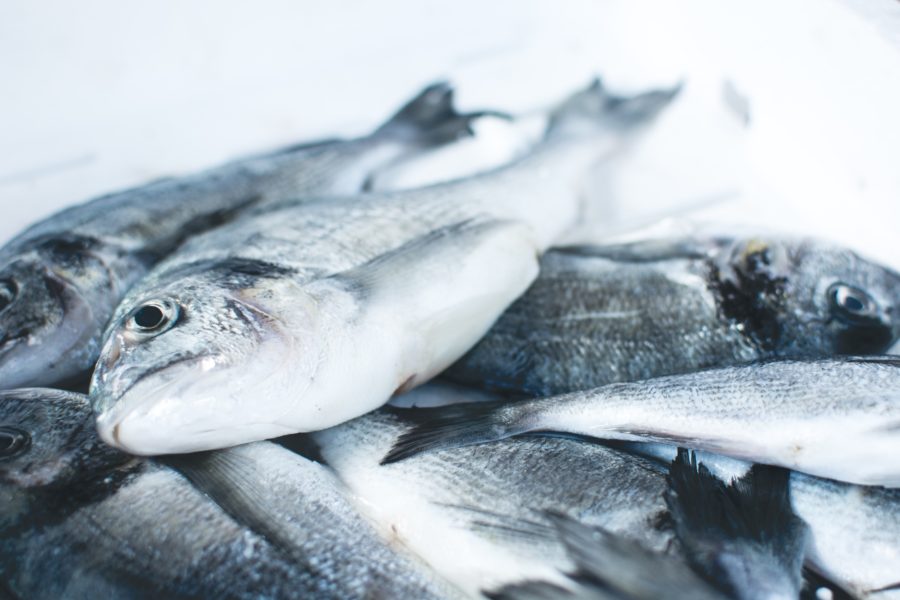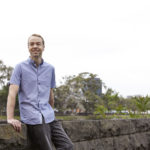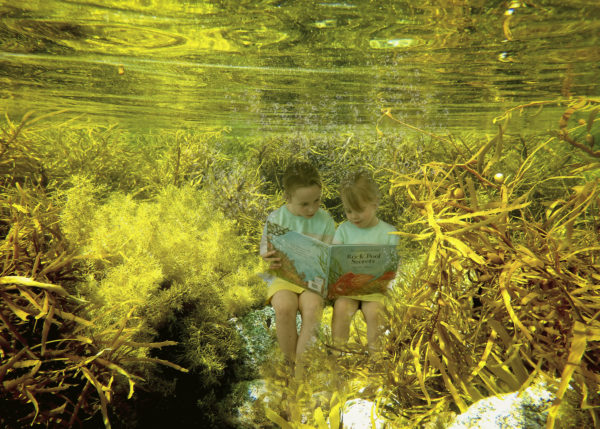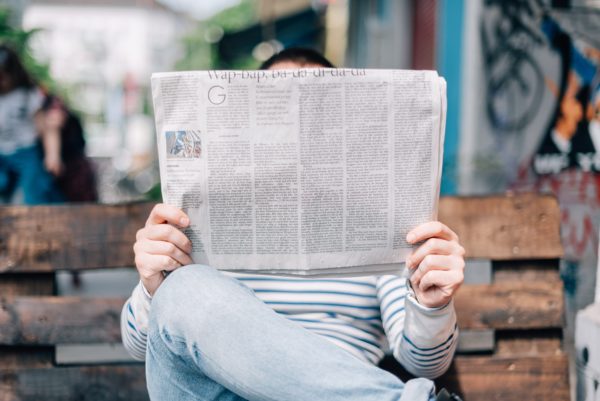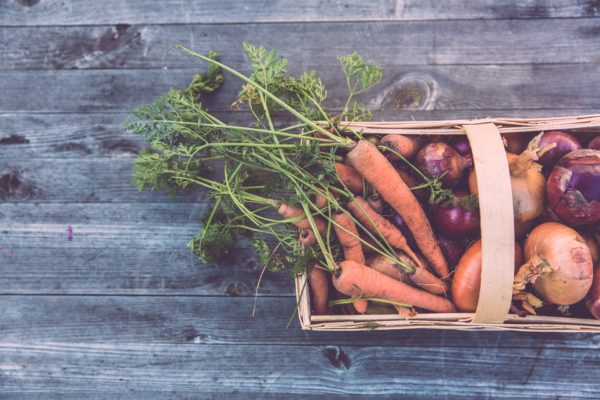Australia’s aquaculture industry is on the path to becoming more sustainable by changing one simple factor; what we feed our farmed fish.
With the global population set to increase from 7.9 billion people in 2021 to 9.9. billion people by 2050, the future will bring many more mouths to feed.
Fish provide us with many valuable nutrients. They’re our go-to sources of omega-3 fatty acids and high quality protein, and they’re also rich in vitamins and minerals.
But it’s widely recognised that wild fisheries can’t keep up with the demand, with aquaculture – the farming of aquatic animals and plants – viewed as the solution to meeting shortfalls in supply. There’s also climate change heating up our oceans, causing considerable issues to the viability of this important food producing sector.
So, how are we going to facilitate the growth of this industry in a sustainable way so we can continue providing this excellent source of nutrition into the future?
David Francis – Associate Professor in Aquaculture at Deakin University – is working towards improving the sustainability of the aquaculture industry by changing one simple factor; what we feed our farmed fish.
Enter the AquaFI Hub
Given the level of overfishing in the world’s oceans, we’re turned to aquaculture for seafood production; constituting over 50% of the fish we consume.
This involves farming aquatic organisms with some kind of intervention to enhance their production – such as keeping the fish well-fed and protected from predators.
Although it’s meant to alleviate overfishing, aquaculture still relies on inputs from the marine environment to function well.
Less palatable species of fish – capelin, anchoveta and menhaden, to name a few – are turned into meal and oil used in low concentrations to feed farmed fish – the salmon, barramundi and kingfish we love – placing a negative perception on the sustainability of the industry.
Enter the Aquaculture and Feed Innovation (AquaFI) Hub, Deakin University’s forthcoming aquaculture research innovation centre.
Thanks to funding from the Victorian Government through its Higher Education State Investment Fund (VHESIF), the new state-of-the-art facility will be based at the Waurn Ponds campus and focus on sustainable fish production, novel feed development and aquaculture technology.
A/Prof Francis says a circular bioeconomy is the future of the aquaculture feed industry. The AquaFI Hub will work directly with industry to explore the use of sustainable ingredients in creating fish food, and how underutilised by-products from other industries can have a second life.
“Our key focus is to improve the way we feed our farmed fish, and to make it more nutritious and sustainable.”
The key to farming our fish in a sustainable manner has been facilitated by the introduction of nutritional by-products in their diets.
A/Prof Francis and his team have been taking discards from the agriculture, poultry and livestock industries, and working on technology to make them more digestible and nutritious as feed ingredients for farmed fish. This way, we can unlock the highly valuable benefits of materials that have up until now been underutilised.
He says the trick is to ensure that the new feed contains all the necessary nutrients required to keep the fish happy and healthy – but that they don’t change the flavour or health benefits of the farmed product and upset the consumer in the process. After all, what’s the use of producing a fish on a sustainable, highly nutritious diet if it ends up less desirable?
To assess this, A/Prof Francis and his team are collaborating with Deakin’s School of Exercise and Nutrition Sciences to ensure the new feed products don’t negatively impact the star of our beloved fish and chips.
“If the fish taste bad, that has huge downstream ramifications,” A/Prof Francis says. “We don’t have the expertise to evaluate product quality in this way, so this collaboration is essential to our work.”
Once constructed, researchers will be able to test their new feed products onsite at the AquaFI Hub.
Cross-disciplinary curiosity is key
Collaborations, like that between A/Prof Francis, the team in the School of Exercise and Nutrition Sciences, will drive innovation at the AquaFI Hub.
Not just a research and development facility, the AquaFI Hub will be a place for cross-disciplinary curiosity and training, with an internship component and room for HDR students across many fields of study.
“Aquaculture covers a range of disciplines, like biology, chemistry, engineering and economics,” A/Prof Francis says. “We want to bring in the entire aquaculture industry and solve these problems together.”
The team are already set to work with biotechnologists and engineers, to innovate how potential fish feed can be processed to further improve nutritional quality and environmental sustainability.
The AquaFI Hub will also be used to replicate the conditions that fish experience in commercial fishing farms, such as warmer waters as a result of climate change.
“Now, the water can get so warm in certain areas that farm productivity is jeopardised, as is the case of salmon farming in Tasmania,” A/Prof Francis says. “This isn’t just an economic loss, but the welfare of the fish is also challenged.”
He adds that these investigations will help commercial farmers understand how we can mitigate stress in farmed species and are the key to making a tangible difference in the seafood industry.
“We’re looking to make some major strides towards the on-farm management of fish through our novel dietary interventions.”
David Francis is an Associate Professor in Aquaculture and Nutrition at Deakin University
Explore the Aquaculture and Feed Innovation Hub.
